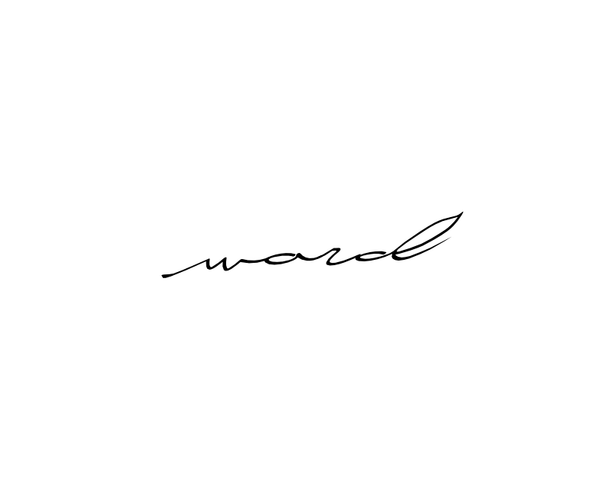
Have fun with variables.
Specialty Coffee × Variable
Considering variables
For example, in the case of brewing, variables include the brewing equipment, the water used, the water temperature, the beans, the amount of powder, the grind size, etc. In other words, the various individual choices and differences in each process related to coffee are called variables.
Reducing these variables, fixing them as much as possible, and reducing "blurring" can improve reproducibility.
On the other hand, even if we could reduce the number of variables to an absolute minimum, we still wouldn't be able to guarantee that the coffee would be the same every time, because there are too many variables in coffee that we can't control.
What are uncontrollable variables?
For example, roasted beans change flavor over time, which is not a variable you can control.
Even when roasting coffee, even if you use a data logger and mechanically finish the roast according to a profile, there will be differences due to factors such as temperature, humidity, and air pressure, which can affect how heat is transferred, and the exhaust flow rate, etc. Therefore, you may not always get the same results.
To take it to the extreme, each person's taste is different, and the way you feel and experience food can change depending on how you feel on a given day. These are also variables that cannot be controlled.
The list of such variables is endless. For these reasons, no matter how many variables you reduce, it is impossible to brew coffee that tastes exactly the same every time.
Have fun with variables
Even if the brew is unintentionally different than usual, something has changed and it will taste different than the last time you brewed it. If it suits your taste and you find it better, then the variable has had a positive effect on you.
As roasters and baristas, we focus on reducing variables as much as possible and increasing reproducibility in order to provide our customers with the best coffee every time, but when it comes to enjoying coffee on an individual basis, this is not necessarily necessary.
The recipes published by THE WORD COFFEE also aim for simple extraction with as few variables as possible, but are structured so that you are free to adjust the final flavor after taking into account the variables mentioned above.
When I make coffee at home, I find myself trying out different extraction methods, comparing the changes after aging, changing cups, and enjoying various variables. And these often lead to new discoveries and realizations.
Don't look at variables negatively, just enjoy the coffee that you can only taste at that moment. That's one way to enjoy specialty coffee, isn't it?
